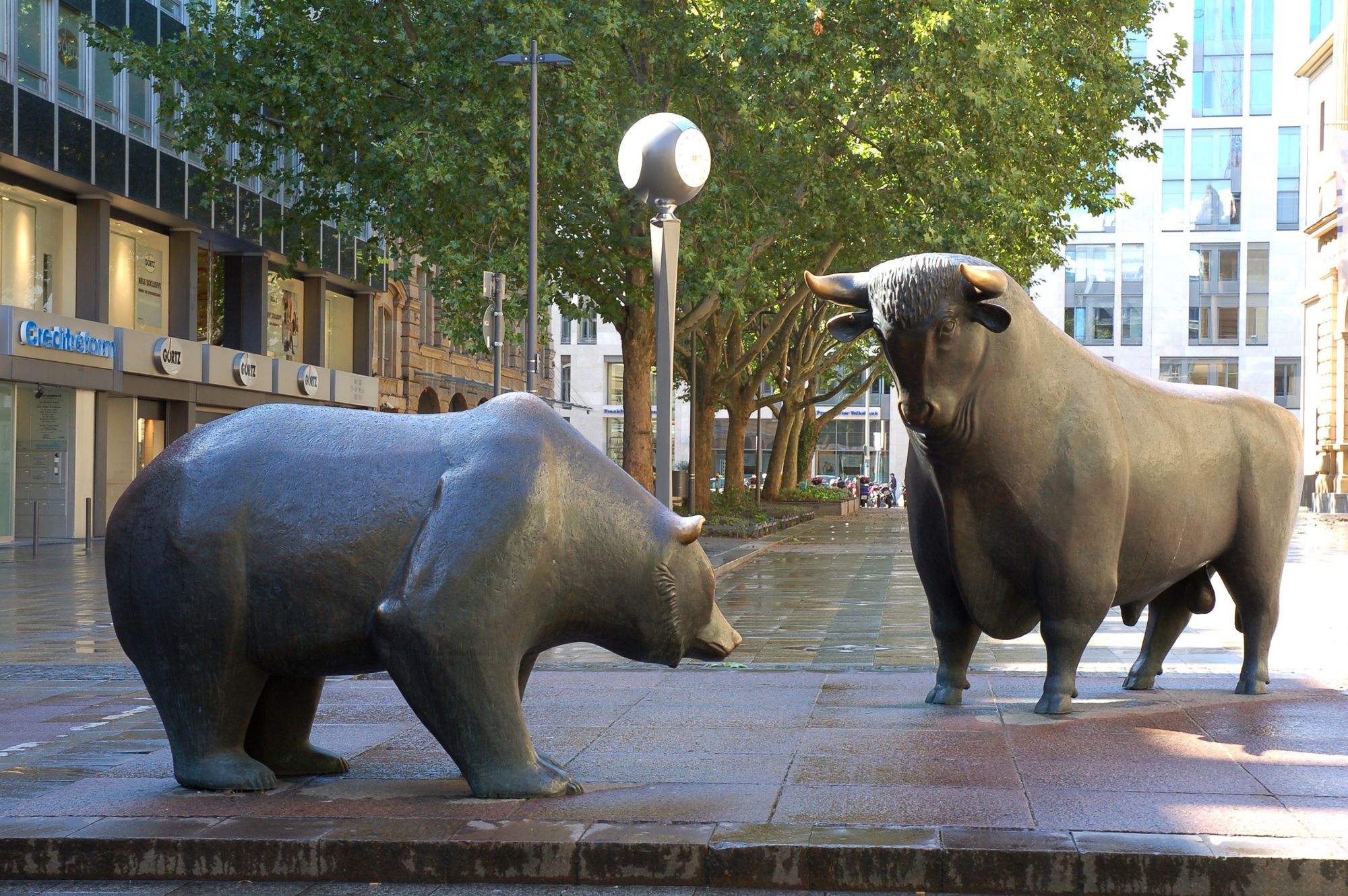Bringing Silicon Valley back to Earth
Growth must be sustainable, not fast

"The Internet bubble is bursting."
"The Silicon Valley party is over."
These are some of the headlines making the rounds these days. Everyone is too happy to predict the doom of the tech industry. Having disrupted so many industries, many people, especially those who hail from the "establishment", are so excited to predict the industry crashing down. The media, as usual, sensationalizes it at a 10x rate for eyeballs.
The struggle is real
Sensationalism aside, there is a real problem in the Valley. For instance, unicorns — which is a term used to denote companies with a valuation north of $ 1 billion — were few and far in between. Of late however, their number has increased — there were 229 unicorns as of January 2016. One might think that so many companies are doing well. Seeing the recent and ongoing crash/correction, it seems otherwise.
From an outsider's perspective and as a student who is looking to start a career in this very industry, I might be way off mark. That said, it really feels to me that there is a fundamental problem with how these companies and VCs operate.
Get rich quick
The mindset of the Valley feels like a gold rush. Everyone just wants to get rich instantly. Companies want to grow too quickly and become valued at unsustainably high prices overnight. Even the VCs just encourage such behavior. For a young, growing company to be successful, growth has to be sustainable, not rushed. The allure of quick growth is tempting but there are many more facets to building a successful company than just acquiring more and more users. It is important to understand the term — "Move fast and break things" — from the right perspective. A company shouldn't move so fast that it breaks itself.
Funding-prudence
Sometimes, the weirdest of companies get funding. Consider the app, "Yo". It got millions in funding, and still continues to exist to this day. As an app launched on April Fools' Day, it boggles the mind that such companies actually receive so much funding.
Talking about funding, companies regularly used to be valued way more than what they are really worth. For instance, the company Square (a company which I actually admire), was valued at $ 6 billion before their IPO. Post-IPO, their valuation has fallen to almost half at the time of writing. While unsustainably high valuations make for nice headlines and positive news coverage, they wouldn't last long. Such a trend of over-valuation can hurt promising companies (Square is a particularly good example of this). Warnings have been sounding on this from many years and it has finally started to show its effects.
A correction
In the short run, this market correction will hurt. People will lose jobs. VCs will lose money. Blood will be shed. In the long run, however, this is a boon. Provided this doesn't degrade into a full-blown recession/depression — I hope it really doesn't — a market correction can revitalize the industry. If the stakeholders take this in the right sense and look inwards, the market fundamentals can improve, and the ecosystem can metamorphose into a more sustainable one.
Companies need to go back to their roots. VCs should repurpose how and who they fund. A solid business plan is imperative. It is okay to burn cash in the initial phase. However, there should be the opportunity to earn money in the future. And there needs to be a solid ethical foundation. Bait-and-switch tactics help nobody. Companies like Peeple need to be nipped in the bud. Only when the foundation is strong can a structure support a towering skyscraper.
Final thoughts
2016 will be a defining year for the industry. Through this year, we will observe what are the lessons learnt and how it bounces back. I am all for a stronger tech industry. Technology has changed our lives for the better and now is the time for the industry to correct its missteps and put itself on a sustainable growth path. A market correction is humbling and helps to re-focus. Let's hope that in February 2017, I will be writing a more positive piece here. I am sure that it will be the case. I leave you with a relevant quote —
Failure is a great teacher — Steve Harvey
